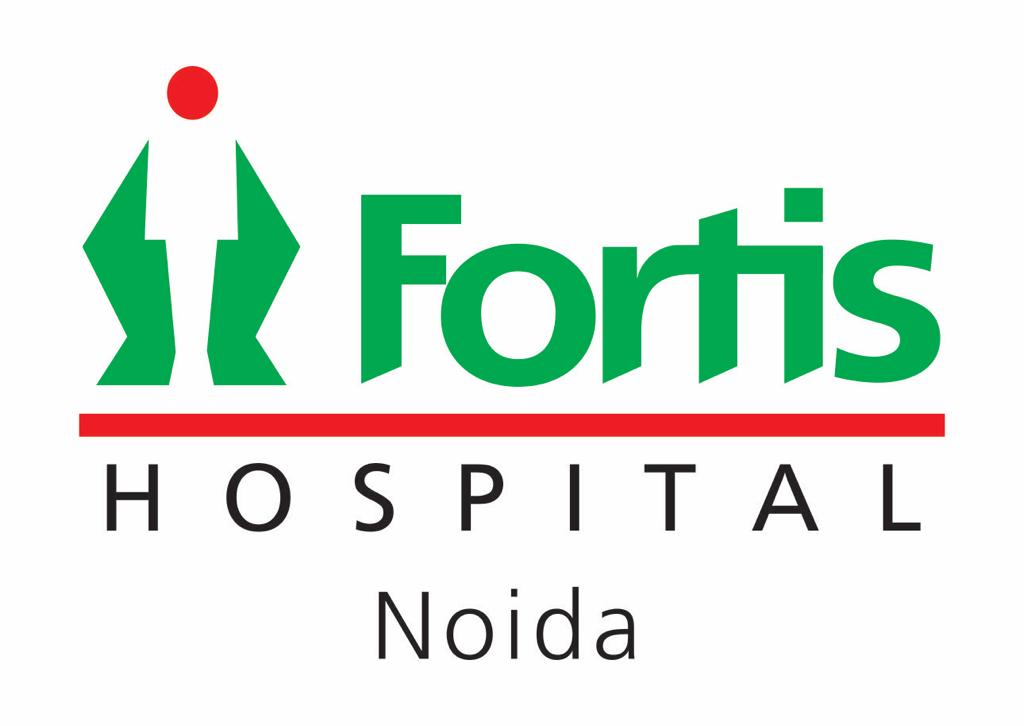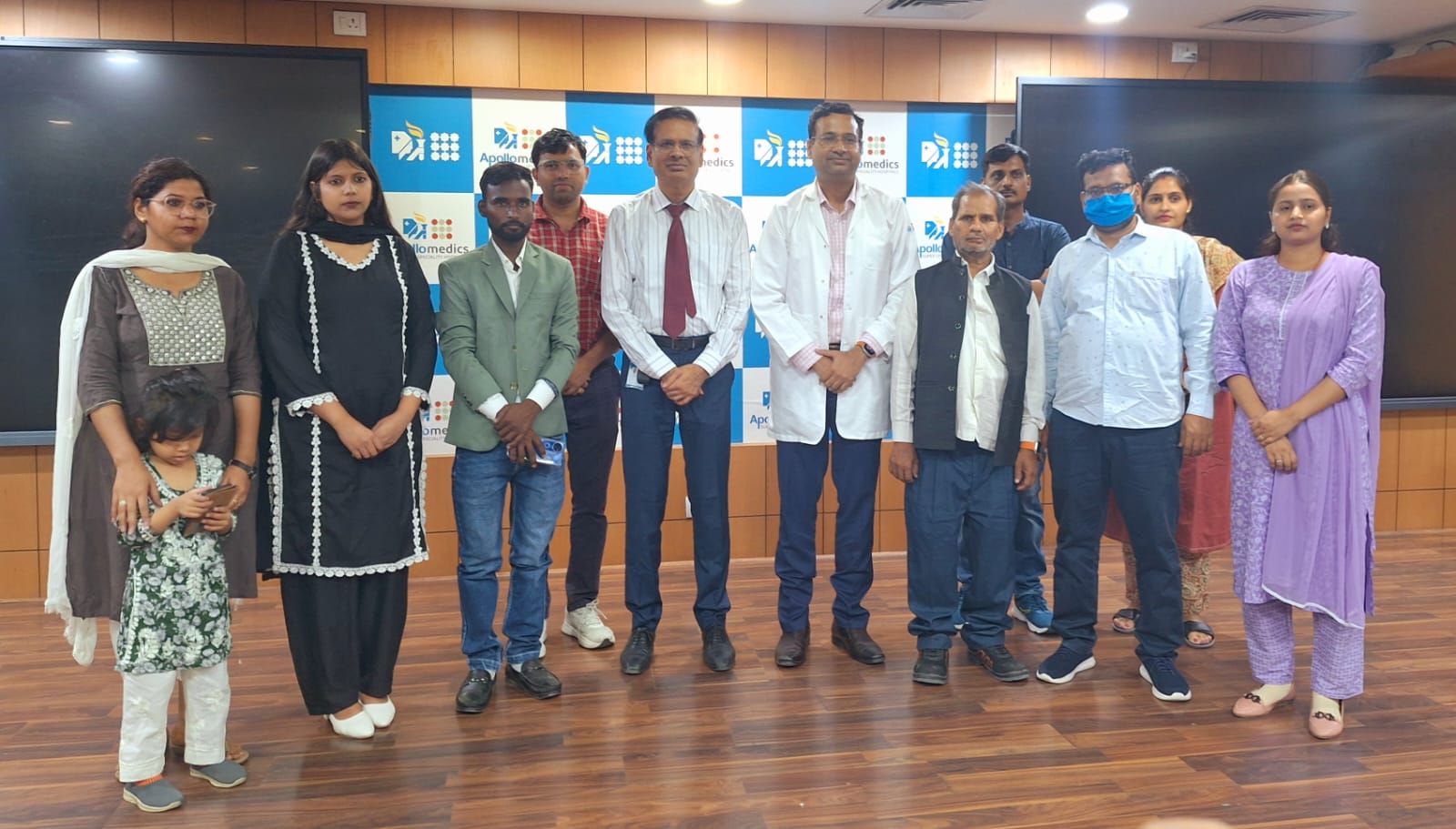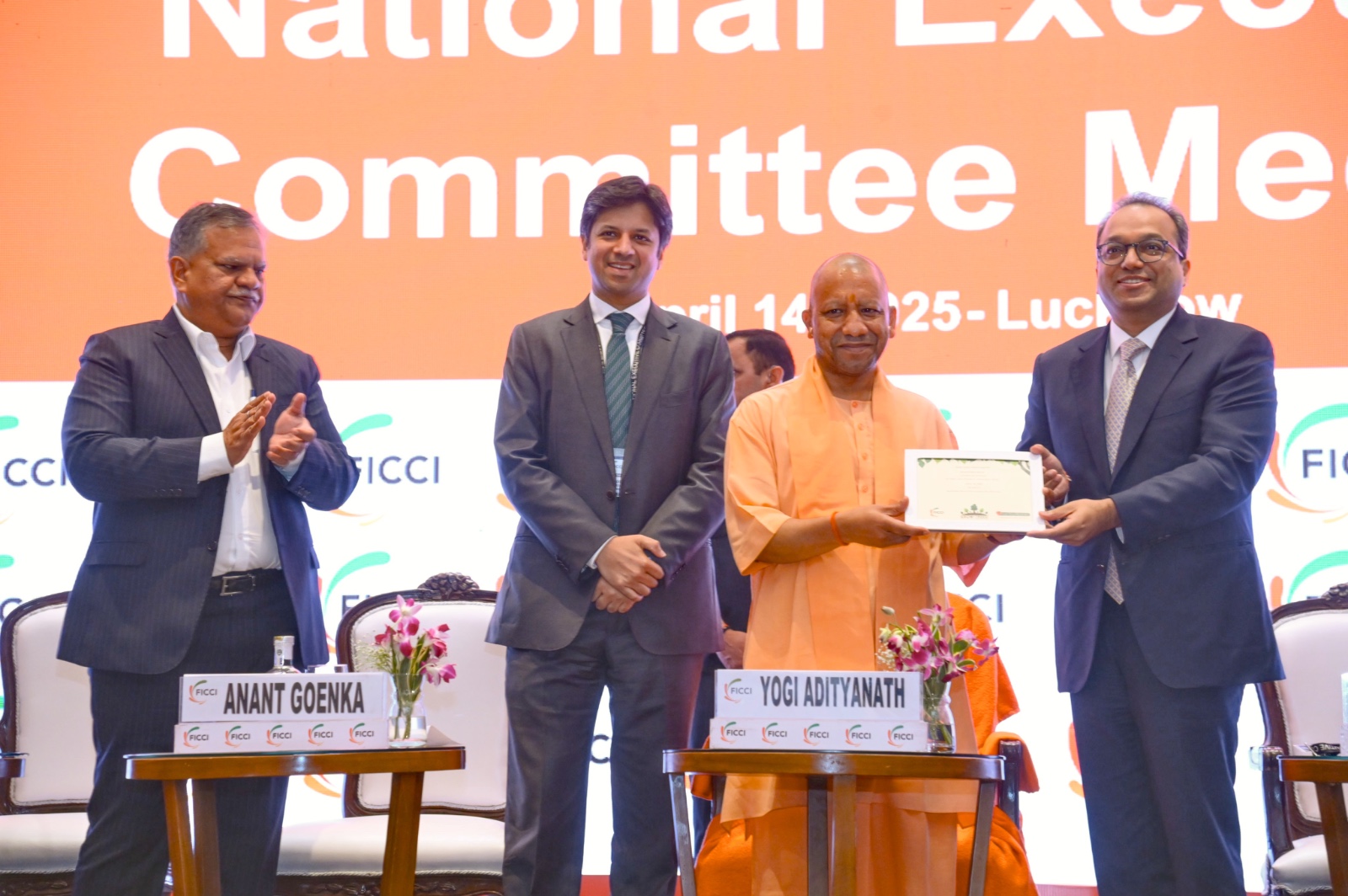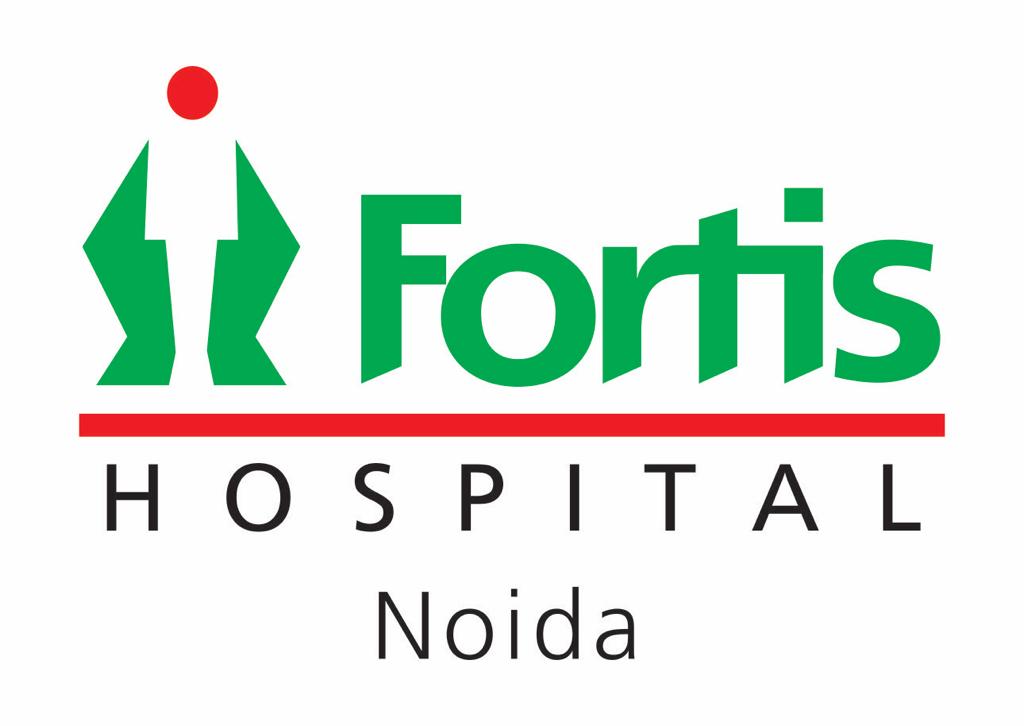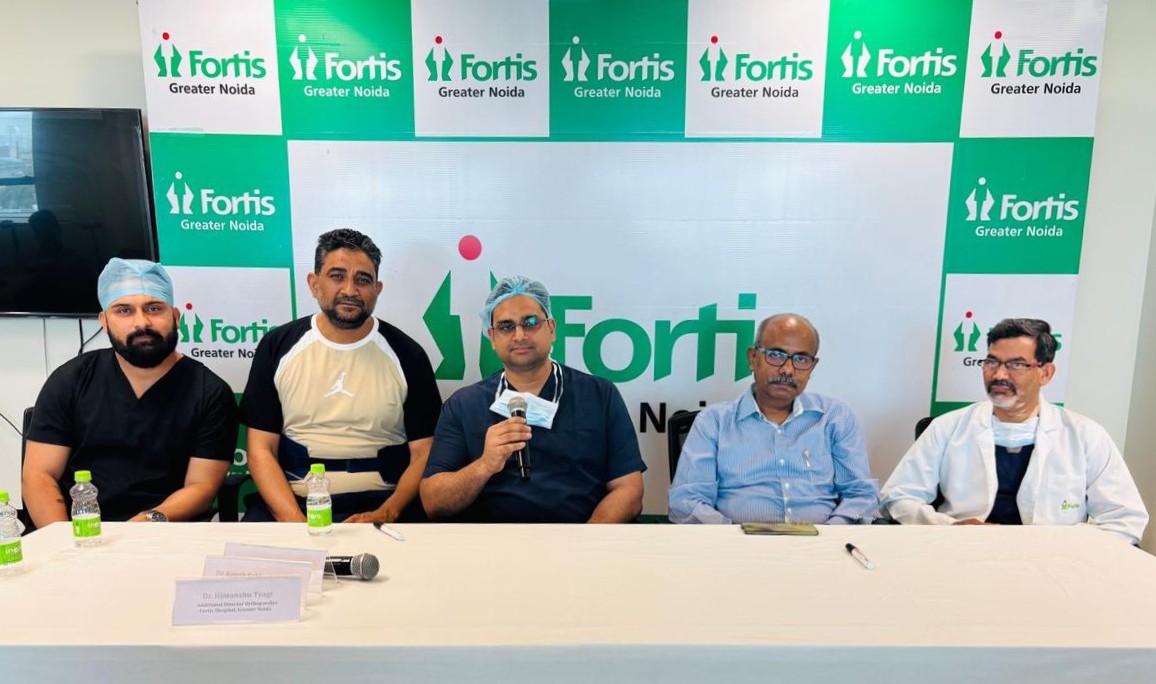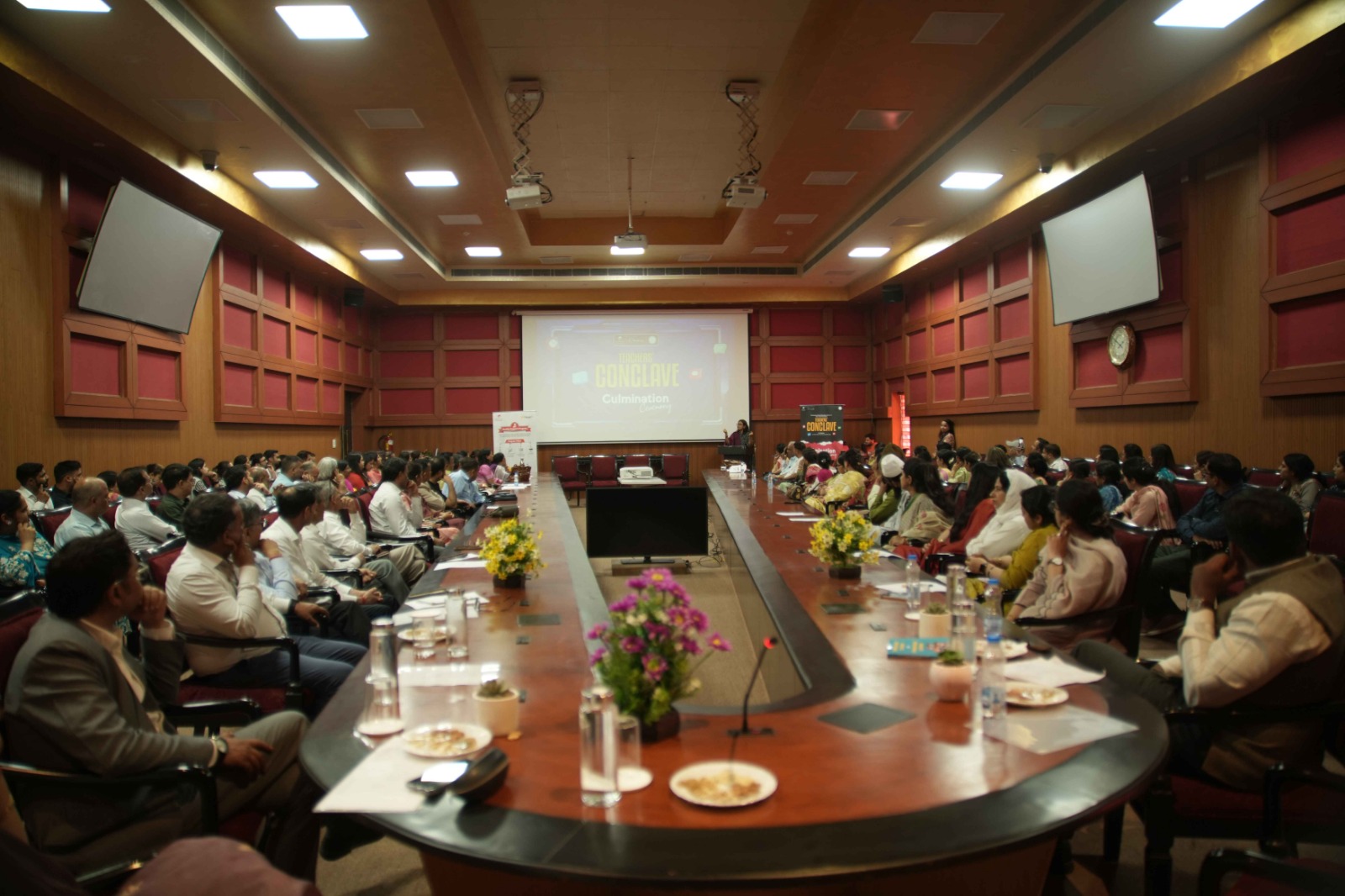Robotic surgery revolutionizes tongue cancer treatment at Fortis Hospital Noida
- The use of tobacco has shown direct association with an estimate d 80% oral cancers especially in older men above 40 years of age.
- In India oral cancer is the most common cancer among men (11.28%).
- Around 60% of oral cancer cases in India have a five-year survival rate which is expected to rise to 70-80% if detected in stage 1 and 2.
Noida: In yet another surgical breakthrough the oncologists at Fortis Hospital Noida performed a robotic surgery on a patient with a recurrent cancer on the base of his tongue.
The remarkable journey of Samarpal Singh, a 67-year-old resident of Meerut, Uttar Pradesh, sheds light on the transformative power of robotic surgery in combating tongue cancer.
The patient was diagnosed with cancer at the base of his tongue in November 2022, prompting a series of treatments including chemotherapy and radiotherapy for six weeks in Meerut.
Despite initial signs of progress, the recurrence loomed large in September 2023, presenting a formidable challenge to conventional treatment modalities. The patient then consulted the doctors at Fortis Hospital in Noida in January 2024.
Under the supervision of Dr Aruj Dhyani at Fortis Hospital, Noida, the 67-year-old patient underwent cycles of immunotherapy, a testament to the advancements in contemporary cancer care. Yet, the tenacity of the disease demanded a paradigm shift in treatment strategy.
Dr Shubham Garg, the Director of Surgical Oncology at Fortis Hospital, Noida, advocated robotic surgery as the beacon of hope for patient’s condition. “Unlike conventional approaches, robotic surgery offers unparalleled precision and manoeuvrability, owing to its sophisticated instrumentation. With four arms at its disposal, the robotic system empowers surgeons to navigate intricate anatomical structures with unprecedented dexterity”, said Dr Shubham Garg.
The surgical endeavour unfolded seamlessly as the robot's arms delicately excised the malignant tumour from its entrenched position.
The procedure, once fraught with challenges, transpired with remarkable ease, owing to the precision afforded by robotic assistance. The patient’s postoperative recovery served as a testament to the efficacy of robotic surgery, with minimal hospitalization and restored functionality in swallowing and speech.
Dr Garg underscores the pivotal role of case selection in the success of robotic surgery. The meticulous assessment of patient suitability ensures optimal outcomes, emphasizing the significance of personalized treatment approaches in oncology.
Robotic surgery epitomizes the convergence of cutting-edge technology and clinical expertise, redefining the boundaries of surgical intervention in oncology. Its capacity to navigate intricate anatomical landscapes heralds a new era of precision medicine, wherein patients like Samarpal Singh find solace amidst the complexities of cancer treatment, the doctors added.

